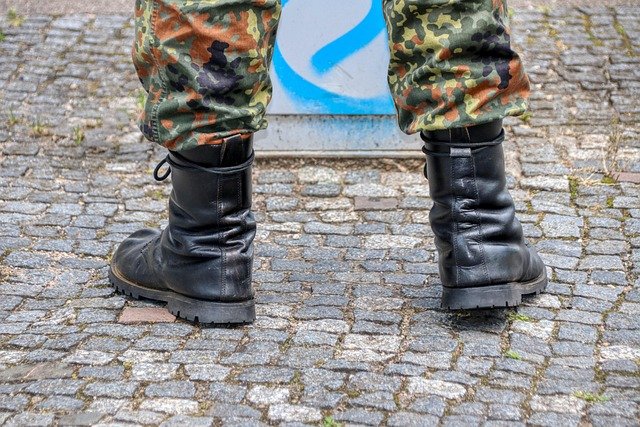Military Careers in Canada for English Speakers Seeking Training
Individuals residing in Canada who are proficient in English may consider pursuing a role within the military. This path often begins with comprehensive training designed to equip candidates with the necessary skills and knowledge. Engaging in this training can provide insights into the various military roles available and the responsibilities they entail.

The Canadian Armed Forces (CAF) presents numerous career opportunities for English-speaking individuals seeking meaningful work with extensive training benefits. With over 100 different occupations available, the military provides a structured environment where recruits develop valuable skills while contributing to national defense and international peacekeeping efforts.
Understanding Military Roles in Canada for English Speakers
The Canadian military operates in three main branches: the Royal Canadian Navy, Canadian Army, and Royal Canadian Air Force. Each branch offers specialized roles ranging from combat positions to technical support, logistics, healthcare, and administrative functions. English-speaking candidates can pursue careers as infantry soldiers, naval officers, aircraft technicians, military police, communications specialists, or medical personnel.
Entry-level positions require Canadian citizenship or permanent resident status, with educational requirements varying by role. Some positions accept high school graduates, while others require post-secondary education or specific technical certifications. The military actively recruits individuals with diverse linguistic backgrounds, though functional English proficiency remains essential for training and operational effectiveness.
The Importance of Training in Military Careers in Canada
Training forms the cornerstone of every military career in Canada. The CAF invests significantly in developing personnel through comprehensive programs that combine classroom instruction, hands-on experience, and leadership development. Basic Military Qualification (BMQ) serves as the foundation for all recruits, covering military customs, physical fitness, weapons handling, and teamwork principles.
Following basic training, personnel attend occupation-specific courses that can last from several weeks to over a year, depending on the complexity of their chosen field. Technical trades often involve extensive training at Canadian Forces schools, while some programs include partnerships with civilian institutions for advanced certifications. This investment in education ensures military personnel remain current with evolving technologies and methodologies.
The military also provides ongoing professional development opportunities throughout careers, including leadership courses, specialized training, and educational subsidies for university degrees. Many veterans successfully transition these skills to civilian careers, making military training a valuable long-term investment.
Steps to Begin a Military Journey in Canada for Interested Individuals
Starting a military career involves several systematic steps designed to match candidates with appropriate roles. The process begins with online research and consultation with military recruiters who provide detailed information about available positions, requirements, and career progression paths.
Prospective candidates must complete an application through the CAF website, providing personal information, educational background, and career preferences. The selection process includes aptitude testing, medical examinations, interviews, and background security checks. This comprehensive evaluation ensures candidates possess the necessary qualifications and commitment for military service.
Once accepted, recruits attend basic training at the Canadian Forces Leadership and Recruit School in Saint-Jean-sur-Richelieu, Quebec. Despite the location, training is conducted in both official languages, accommodating English-speaking recruits. Following successful completion of basic training, personnel proceed to their chosen occupation’s specific training program.
The application process typically takes several months, and candidates should maintain physical fitness and continue their education while awaiting acceptance. Military recruiters recommend visiting local recruitment centers for personalized guidance and to address specific questions about career paths, training requirements, and military life.
Canada’s military offers English speakers a unique opportunity to serve their country while developing valuable skills and building rewarding careers. The comprehensive training programs, diverse career options, and ongoing professional development make military service an attractive choice for individuals seeking structured growth and meaningful work. Success in military careers requires dedication, adaptability, and commitment to continuous learning, but the rewards include job security, excellent benefits, and the satisfaction of contributing to national defense and international peacekeeping efforts.




